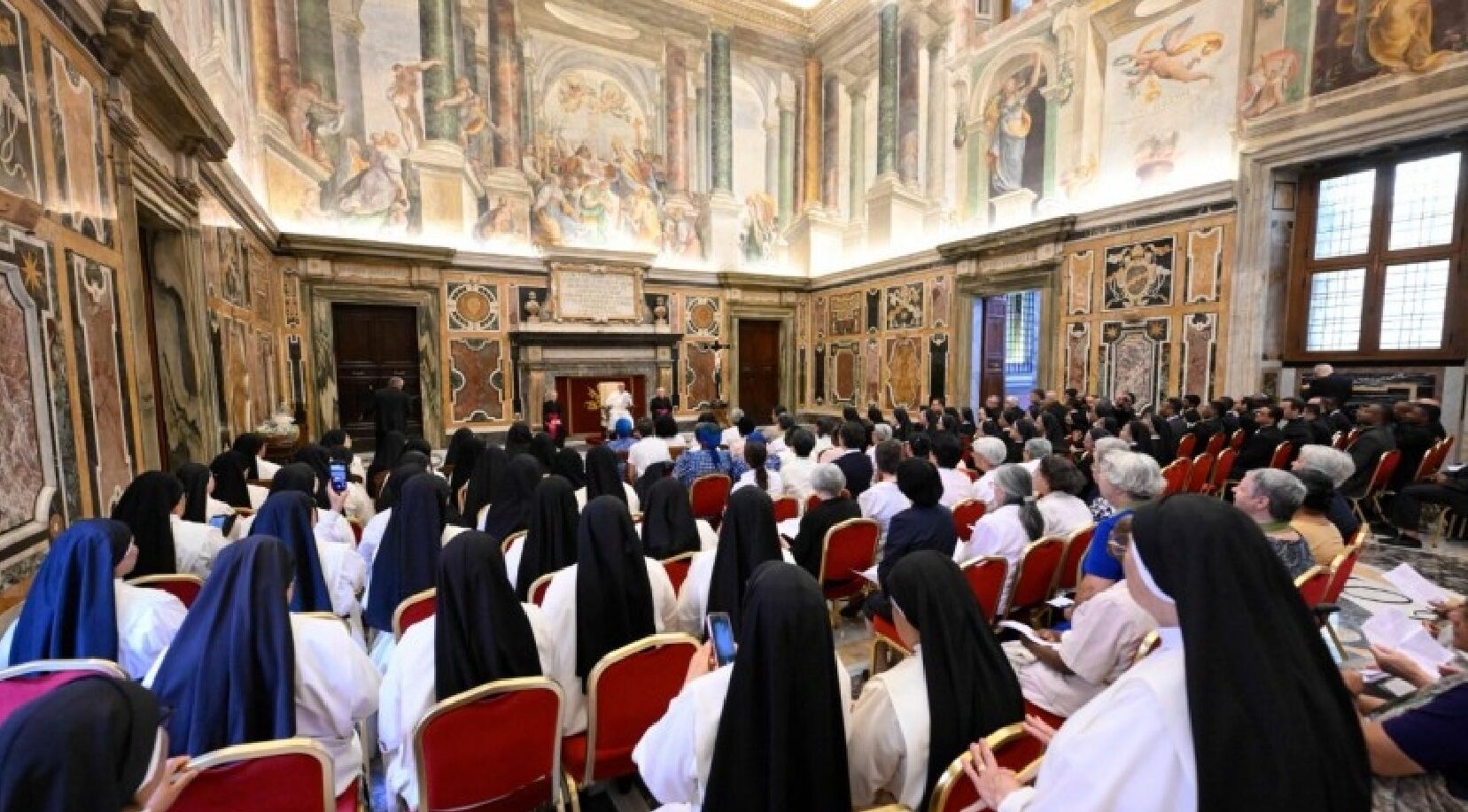
What makes religious congregations so vital to human society? Religious congregations have shaped human history for thousands of years, offering spiritual guidance, community support, and cultural identity. From ancient synagogues to modern mosques, these groups provide a sense of belonging and purpose. They preserve cultural traditions, engage in charitable work, and offer educational opportunities. Congregations also play a crucial role in social justice, community outreach, and personal development. With diverse rituals, leadership structures, and places of worship, they adapt to changing times while maintaining their core values. Understanding the multifaceted nature of religious congregations helps us appreciate their enduring impact on our global community.
The Diversity of Religious Congregations
Religious congregations come in many forms, each representing a unique faith or denomination. This diversity reflects the rich tapestry of human belief systems.
-
Diversity of Religions: There are countless religious congregations worldwide, including Christianity, Islam, Judaism, Buddhism, Hinduism, and many others. Each faith has its own practices and traditions.
-
Historical Significance: The concept of religious congregations dates back to ancient civilizations. Jewish synagogues and Christian churches have roots in the early days of their respective faiths.
Building and Supporting Communities
Religious congregations often serve as the backbone of their communities, providing support and fostering a sense of belonging.
-
Community Building: Congregations offer a primary community for their members, providing a sense of belonging and support crucial for mental and emotional well-being.
-
Spiritual Guidance: The main function of a religious congregation is to provide spiritual guidance through sermons, prayers, rituals, and other practices aimed at fostering a deeper connection with the divine.
-
Cultural Preservation: Congregations play a significant role in preserving cultural traditions, celebrating festivals, observing holidays, and maintaining customs unique to their faith.
-
Charitable Work: Many congregations engage in charitable activities like running soup kitchens, providing educational services, and offering healthcare support.
Educational and Leadership Roles
Congregations often take on educational roles, training future leaders and preserving knowledge.
-
Educational Institutions: Some congregations operate their own schools, seminaries, and universities, helping educate and train future leaders within the faith.
-
Place of Worship: The place of worship is central to any congregation, ranging from simple chapels to grand cathedrals, each reflecting the architectural and artistic styles of its time.
-
Leadership Structure: Congregations typically have a hierarchical leadership structure, including bishops, priests, imams, rabbis, and other spiritual leaders who guide the community.
Rituals, Practices, and Outreach
Rituals and community outreach are integral parts of many congregations, helping to maintain traditions and serve broader communities.
-
Membership: The size and composition of congregations vary widely. Some may be small and intimate, while others can be large and diverse.
-
Rituals and Practices: Each congregation has its unique set of rituals and practices, including sacraments, prayers, fasting, and other observances integral to the faith.
-
Interfaith Dialogue: In recent years, there has been an increasing emphasis on interfaith dialogue. Congregations engage more actively with other faith communities to promote understanding and cooperation.
-
Social Justice: Many congregations are actively involved in social justice movements, advocating for human rights, equality, and environmental sustainability.
-
Community Outreach: Congregations often engage in community outreach programs aimed at serving the broader community, including disaster relief efforts and food drives.
Personal and Family Development
Congregations also focus on the personal and family development of their members, offering various forms of support and activities.
-
Personal Development: Spiritual practices within a congregation can contribute significantly to personal development. Members may engage in meditation, yoga, or other mindfulness activities to enhance their well-being.
-
Family Ties: Congregations often serve as a hub for family activities, organizing family events, providing counseling services, and offering support during times of crisis.
Preservation and Adaptation
Preserving history and adapting to modern changes are crucial for the longevity and relevance of congregations.
-
Historical Preservation: Some congregations are responsible for preserving historical artifacts and documents related to their faith, including ancient texts and relics.
-
Global Reach: Modern technology has enabled congregations to reach a global audience, with many now having online platforms for worship, education, and community engagement.
-
Conflict Resolution: Congregations sometimes face internal conflicts or disagreements. Effective conflict resolution mechanisms are crucial to maintaining harmony within the community.
-
Adaptation to Change: In an ever-changing world, congregations must adapt to new challenges and opportunities, embracing technological advancements, shifting societal values, and evolving cultural norms.
The Vital Role of Religious Congregations
Religious congregations have shaped societies for millennia. They offer spiritual guidance, foster community building, and preserve cultural traditions. These groups engage in charitable work, run educational institutions, and provide places of worship that range from simple chapels to grand cathedrals. With hierarchical leadership structures, they guide members through rituals and practices unique to each faith.
Modern congregations embrace interfaith dialogue, advocate for social justice, and engage in community outreach. They support personal development through spiritual practices and serve as hubs for family activities. By preserving historical artifacts and reaching global audiences via technology, they adapt to changing times.
Understanding these facets helps appreciate the richness and complexity of religious congregations. Their contributions to society are invaluable, making them essential components of our global community.
Was this page helpful?
Our commitment to delivering trustworthy and engaging content is at the heart of what we do. Each fact on our site is contributed by real users like you, bringing a wealth of diverse insights and information. To ensure the highest standards of accuracy and reliability, our dedicated editors meticulously review each submission. This process guarantees that the facts we share are not only fascinating but also credible. Trust in our commitment to quality and authenticity as you explore and learn with us.


